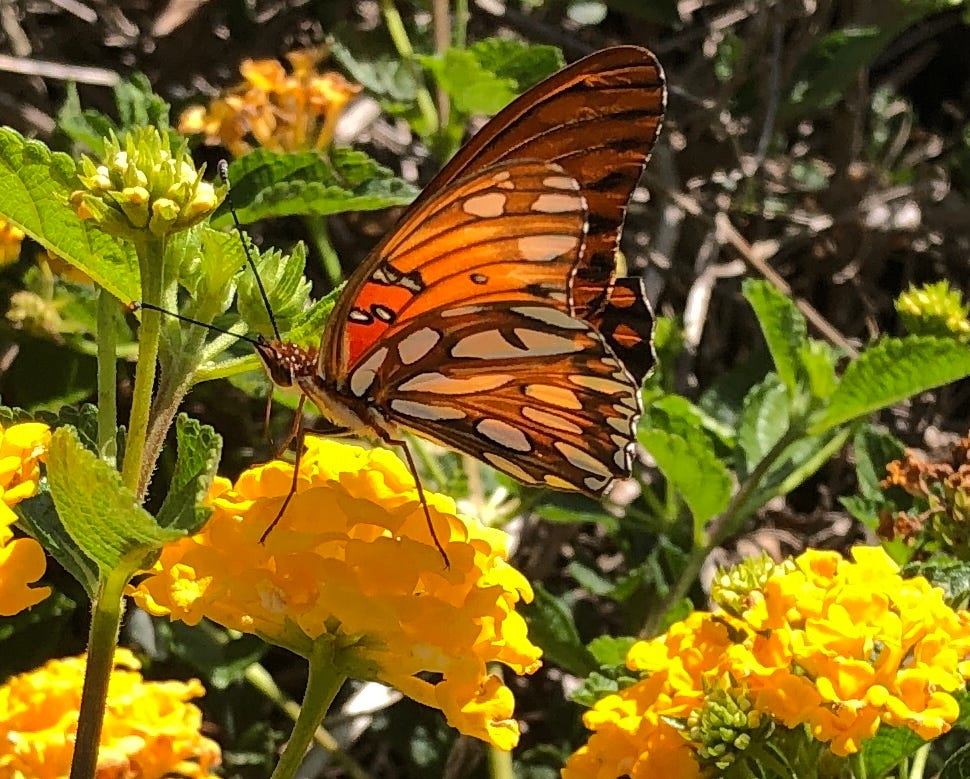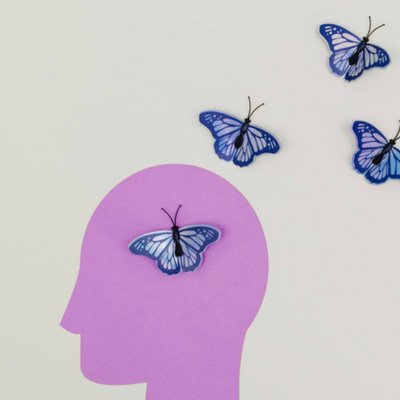Infophilia, a Positive Psychology of information | May 17, 2025 | Vol. 3, Issue 27
✨Welcome to Infophilia, a weekly letter exploring how our love of information and connections can help us all thrive, individually and collectively.
Updates
May 15, 2025 - The University Library and the School of Information Sciences, University of Illinois Urbana-Champaign released a statement on the dismissal of the Librarian of Congress and the Register of Copyrights. It’s a compelling read that underscores the Library’s global collections and its essential role in the research infrastructure as well. I’m also including their statement because UIUC University Library is the third largest library in the US, surpassed only by the Library of Congress, and Harvard University Libraries and the iSchool is ranked #1 in the U.S. for LIS graduate programs by U.S. News & World Report for 2025. The school has held this position since 1996.
May 16, 2025 - The Library of Congress situation remains unresolved.
Cite as: Coleman, Anita S. (2025, May 17). Serendipity’s charm: “major changes start with small beginnings.” Infophilia, a positive psychology of information, 3 (27).
Serendipity’s Charm
“Major changes start with small beginnings”
What a week it’s been!
While reading Aiken’s The Library Of Congress: From Jefferson’s vision to the digital age, I stumbled upon the pioneering Indian mathematician turned librarian Dr. S.R. Ranganathan's essay praising the library’s uniqueness among national libraries worldwide. After all, it had Congress as its “Godfather"! As a graduate of the Dr. S.R. Ranganathan Department of Library and Information Science, University of Madras, India, the curriculum over my two year program included programming and tons of cataloging and classification! Imagine a cataloging method so comprehensive it considers every aspect of a book—the "whole book" approach. This method, experimented with at the Library of Congress in 1989, combined subject and descriptive cataloging under one cataloger, revolutionizing library technical services. Previously, at the Library books were cataloged by at least two different groups of specialists. This change completely transformed the field, sparking my meandering thoughts. But the news of Dr. Hayden’s dismissal as Librarian of Congress quickly brought me back to reality.
Sharing the story of "whole book approach" from Aiken’s The Library Of Congress book, our conversation turned to Lucky Day Books. It remains a treasure I've yet to experience. When, where, and who started Lucky Day Books? In chasing that story, I found Robert M. Crunden, a noted historian of American culture and modernism, quoted “major changes start with small beginnings.” What? I was a catalog librarian when Professor Crunden, from the University of Texas at Austin, was the Director of the American Studies Research Centre in India. He died in 1999. But his book Body and Soul: The Making of American Modernism was published in 2000? This is a common trope in academic murder mysteries! Were literature and life mirroring each other? The “whole book approach” to cataloging seemed to echo through my serendipitous discoveries. I like to read whole books but I do stop to verify, mull, question, details. What bibliographic oddities will lie in the pages of my own book? What mysteries will I reveal and what will others discover?
I put aside my books and walked to our local library. It was the last day this dearly beloved branch would be a part of the Orange County Public Library system. We’d waited decades for this moment that was coming too: Irvine Libraries. I stopped to take it all in. Children were running into the library. Butterflies in a striking orange color with silvery spots and white markings along the edges of their wings were flying among the lantanas. This Gulf Fritillary (Agraulis vanillae) butterfly to me is a symbol of the non-duality in life, and how the local sometimes is the ‘other.’ Orange the color of joy and exuberance intertwined with the glittering silver of mystery and intrigue, forming a unified whole rather than separate entities. Interestingly, the Gulf Fritillary is not a true fritillary; it's a longwing butterfly, part of the subfamily Heliconiinae. This misnomer itself is a metaphor for mistaken identity or disguise. Fascinating indeed!
The threads of literature and life were weaving together, capturing California’s warm light in intricate patterns. These patterns of sunlight and shadow were weaving tales of contentment and delight. The 'whole book approach' had led me to unexpected connections and sweet comfort. Even in the most ordinary-seeming moments and deep troubles, wonder is waiting just around the corner. And so, with Lucky Day Books still on my mind, beauty, change, and vulnerability never far away, I resumed my meander across the plaza, and into the library, following the crumbs of curiosity.
Stay curious. Stay connected. Keep reading!
Have a great weekend,
Anita
Notes
Aiken, Jane. (2025). The Library of Congress: from Jefferson’s vision to the Digital Age. Georgetown University Press and Library of Congress.
The “whole book” approach to cataloging was an experiment at the Library of Congress. Subject and descriptive cataloging were combined, one person cataloged the whole book. Aiken provides a brief description of the experiment combining descriptive and subject cataloging operations in 1989. The “experiment showed that the whole book approach produced high-quality work at acceptable productivity and cost levels and reduced handling time for high-priority materials. …some questioned whether the catalogers would adapt well to handling both descriptive and subject work. Petitions asking Billington to reconsider drew 164 signatures. Nevertheless, the whole book approach was adopted.” page 196.
Crunden, Robert M. (2000). Body and soul: the making of American modernism. Basic Books. | Wikipedia, https://en.wikipedia.org/wiki/Robert_M._Crunden
Lucky Day books. The most popular titles are made available without holds, either physically or in digital collections, e.g., on Libby.
The Gulf Fritillary (Agraulis vanillae) has a complex scientific and cultural history, an ideal fit for the biophilia chapter in my forthcoming book on adaptive infophilia.
S.R. Ranganathan. (1950, October). The Library of Congress among National Libraries. ALA Bulletin 44: 356. 1950 was the sesquicentennial year of the LoC.





